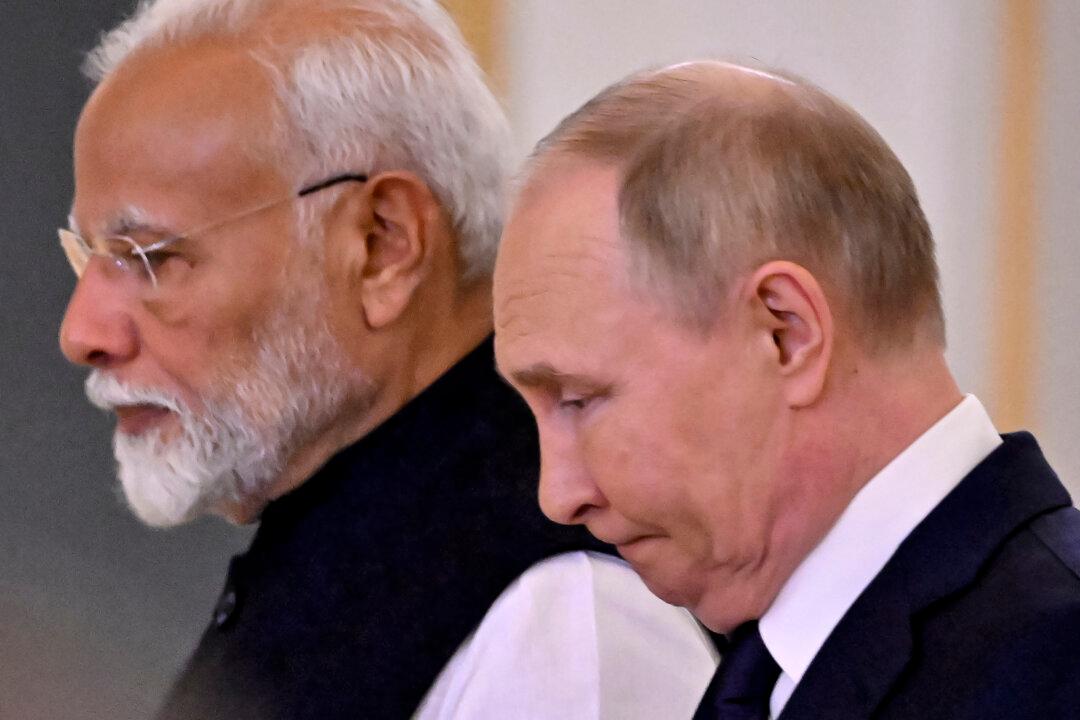News Analysis
NEW DELHI—Indian Prime Minister Narendra Modi visited Russia on July 8 and 9 in his first state visit since assuming office last month for a third consecutive term.

NEW DELHI—Indian Prime Minister Narendra Modi visited Russia on July 8 and 9 in his first state visit since assuming office last month for a third consecutive term.